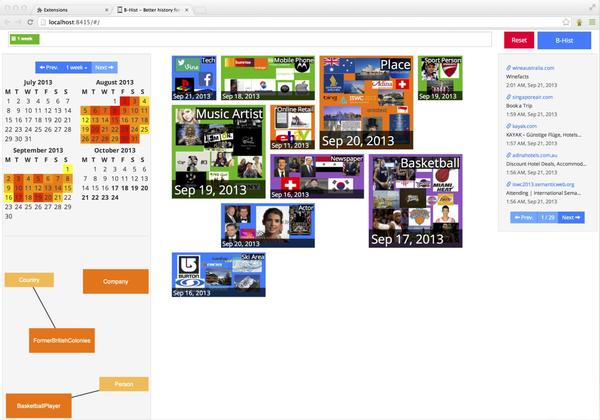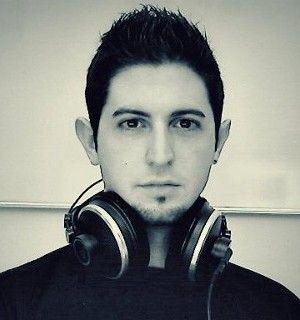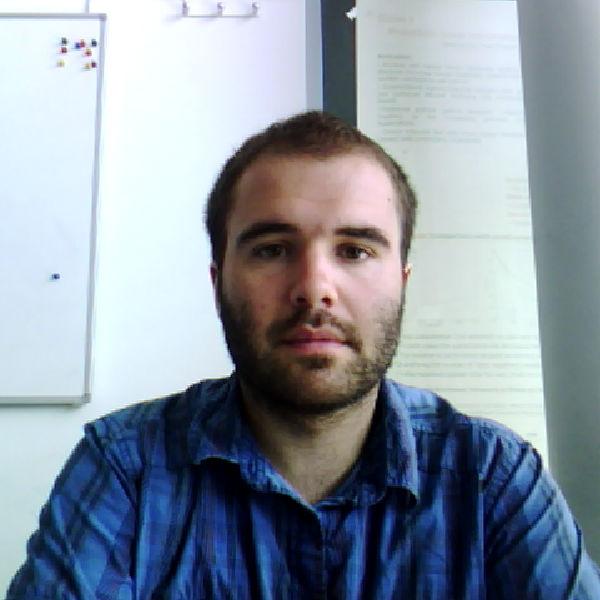3rd prize at the Semantic Web Challenge 2013 for LSIR researchers

© 2013 EPFL
Michele Catasta and Jean-Eudes Ranvier (with Prof. Karl Aberer and co-authors), who are PhD students at the Distributed Information Systems Laboratory (LSIR), received 3rd prize at the Semantic Web Challenge 2013 for building software systems concerning browser history. The competition is open to large companies and thus harder for universities given their limited developer resources. The researchers share the podium with BBC and IBM.
The prize was jointly awarded for an application accompanied by the paper B-hist: Entity-Centric Search over Personal Web Browsing History. Building on top of the semantic advances in TRank, B-hist (standing for "Better History") is the authors' own way of rethinking the browser history. In the past 20 years, browser histories worked exactly the same way across all the browser platforms: a long list of visited websites, organized in chronological order and with a rudimentary search interface. B-hist, instead, builds a very powerful, entity-centric search tapping into the content of each visited page and into the "memories" of a user (therefore taking into account how "human memory" works).
The Semantic Web Challenge offers participants a chance to show the best of the Semantic Web. It was hosted in Sydney, Australia during the International Semantic Web Conference 2013 (ISWC), the leading conference for research on Semantic Web topics, at which the authors received additional recognition. They were nominated for Best Paper award, as well as, for Research Track Best Student Paper Award for the paper TRank: Ranking Entity Types Using the Web of Data. The paper explains the theory behind the B-hist system. TRank is the first work in literature to introduce, and pave a way for solving a very interesting data representation problem: given an entity (e.g., "Bill Gates"), find the best type to represent it (e.g., "Philanthropist", "American Billionaire", "CEO", etc.), taking into account also the context where the entity appears (e.g., a news article talking about the Bill & Melinda Gates Foundation).
Michele and Jean-Eudes are PhD candidates who recently started to dabble in the world of "human memories" (with the help of neuroscientists and psychologists). They are rethinking information systems under a new light, where memorability decides which data is relevant, and which instead can be "forgotten".
TRank and B-hist have been developed under the MEM0R1ES project, a strict collaboration between LSIR and the eXascale Infolab at the University of Fribourg.

